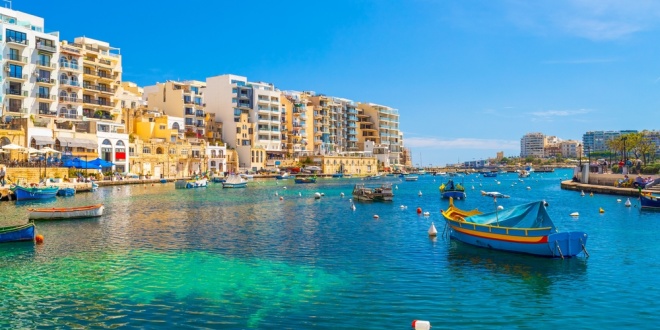
Malta’s government has committed to reviewing the tax framework for gaming, with the industry continuing to play a key role in the island’s economic development.
The Labour government of Malta regards betting and gaming as one of its core ‘value adding’’ industries, with various B2C and B2B firms registered and headquartered in Valletta and St Julians.
According to the country’s budget published yesterday, gaming is considered a ‘value adding industry’ to the economy, with Malta’s economic growth (GDP) standing at 3.1% in 2025, well above the GDP rate of EU member states at 0.9-to-1%.
The government attributed this growth to a combination of strong domestic demand for products and the export of services – given the prominence of Maltese gaming firms, it can be expected that betting is considered under the latter.
This has, as always, been translated into tax revenue. Government figures put total gaming taxes from 2024 €69.5m, further estimating that 2025 gaming taxes will be €65m and 2026 gaming taxes €67m.
Prominent operators active internationally under MaltaGamingAuthority (MGA) licences include the likes of Bwin International, Betfair International, bet-at-home, Clobet, and Betsson Group’s BML Group.
Various major B2B companies are also licensed under the MGA, such as Aspire Global and Altenar among others. The B2B contracts these firms have with various B2C firms across various markets, like Altenar and Starcasino in the Netherlands, will further add to gaming’s contribution.
Previous government estimates have put gaming’s contribution to the Maltese economy at around one-tenth of the island’s gross-value added (GVA). According to the MGA itself, this figure stood at €1.5bn in 2022, around 9.6% of Malta’s GVA that year.
As stands, the Budget 2026 projects an overall tax income to total €7.8bn, driven primarily by revenues from income tax (€3.5bn), social security contributions (€1.84bn) and VAT collections (€1.69bn).
It seems that Malta’s government now wants to take another look at how best to channel revenue from this valuable sector into state coffers, however. The 2026 budget sees a commitment to create a ‘reliable indirect tax framework’ for ‘value adding industries’ like gaming.
Gaming may also benefit from other initiatives planned in the budget for Malta’s wider business ecosystem – gaming just being one segment of many for the country, with finance and tourism also huge growth drivers.
Initiatives include giving start-ups and SMEs greater access to AI technology, an Investment Tax Credit of 60% qualifying investment value over four years, among other initiatives aimed at supporting entertainment and technology companies.
#MaltaGaming #GamingIndustry #TaxFramework #EconomicGrowth #MGA #Innovation